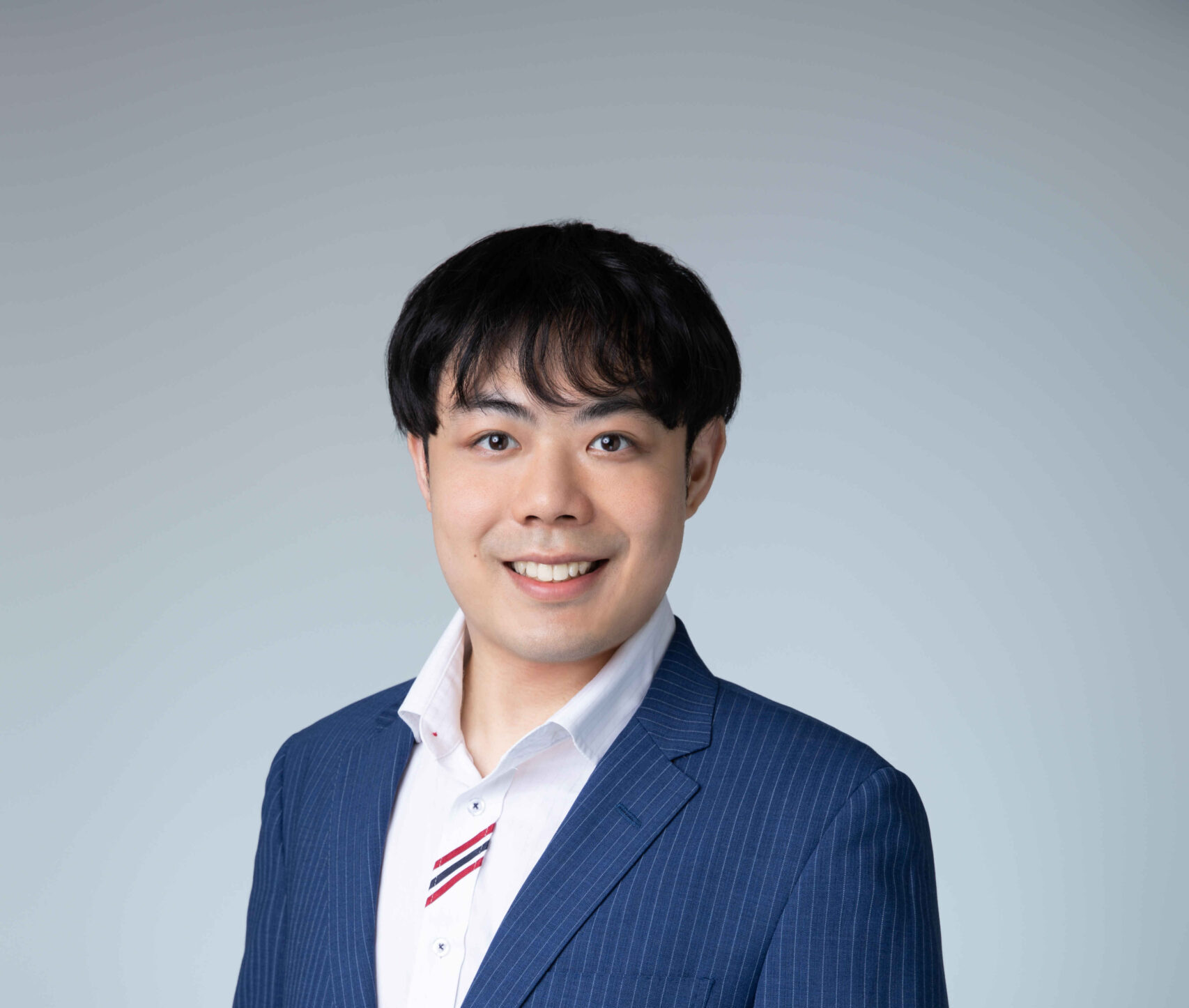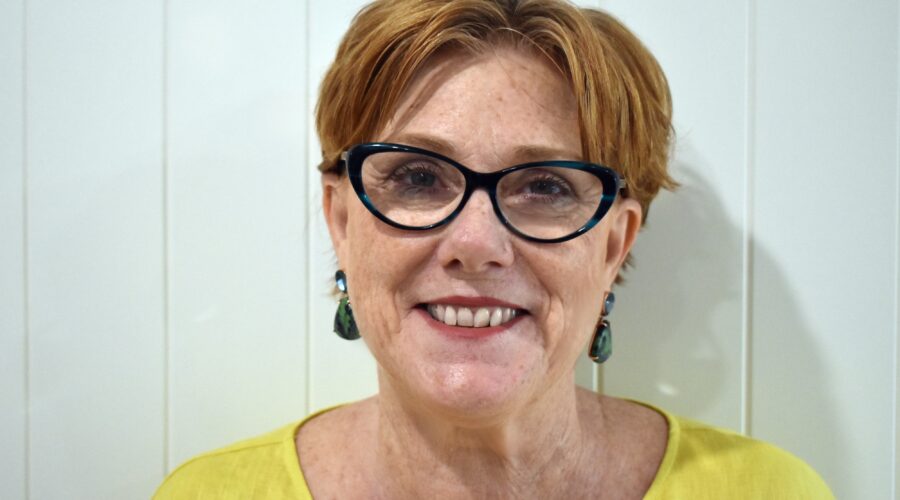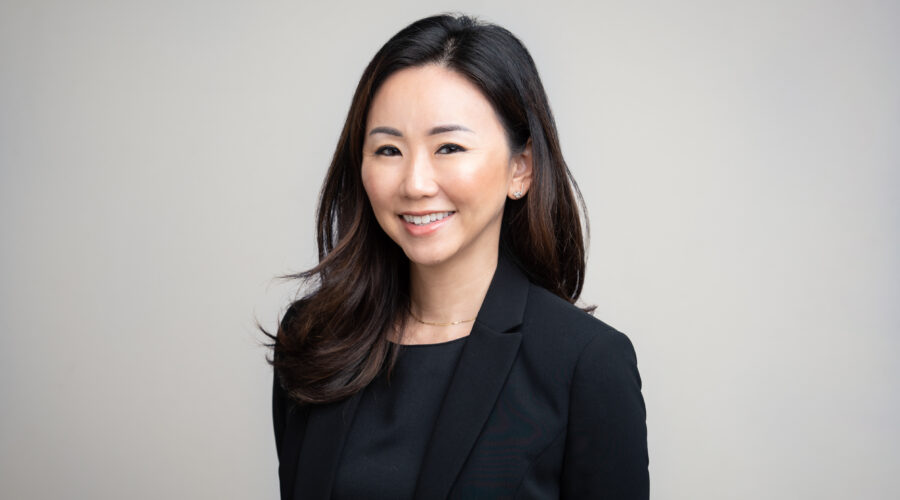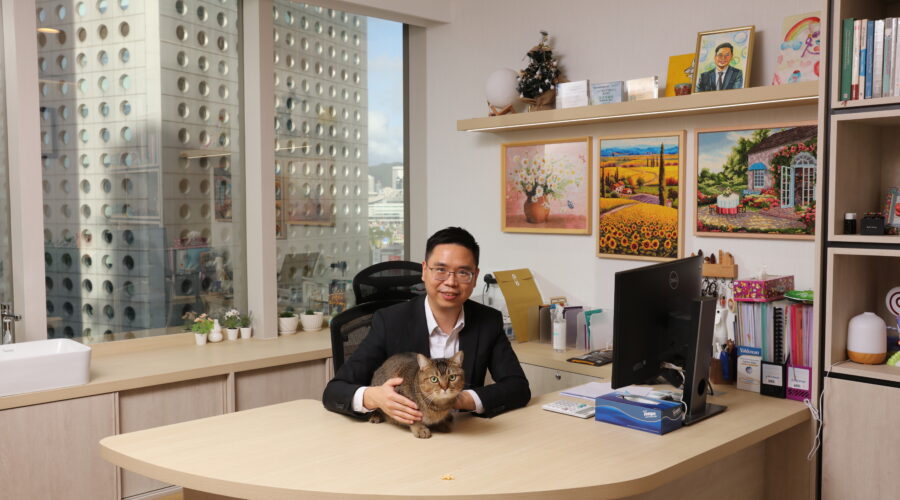
In this spotlight profile, we are speaking to Dr. Adrian Tong. Adrian is a counselling psychologist and lecturer at Hong Kong Shue Yan University with a research interest in psychological intervention process, parental stress and parenting and acceptance and commitment therapy.
Adrian, thank you for taking the time to speak with us today.
It is my honor to be here with you. Thank you for the invitation.
First off, can you tell us a little bit about your background and training so our readers can get to know you better and your area of specialty?
I am a counseling psychologist and lecturer at Hong Kong Shue Yan University. Over the past several years, I have had the privilege of providing counseling services to individuals facing psychological distress, as well as couples and families dealing with communication disputes. My research primarily focuses on the areas of parental distress, parenting, children’s behavior, and special educational needs. Furthermore, I have a keen interest in the process of psychotherapy, particularly in acceptance and commitment therapy. In addition to my counseling work, I also provide supervision to counseling students at both the master’s and bachelor’s levels.
As a counselling psychologist, what is your main role in helping those going through distressing times?
Within the field of counseling psychology, a wide range of psychotherapy approaches are employed to cater to the unique needs of clients, for example, cognitive behavioural therapy (CBT), acceptance and commitment therapy (ACT), solution-focused brief therapy (SFBT), client-centered therapy (CCT), psychoanalytic therapy, and more. By utilizing these various therapeutic approaches, counseling psychologists collaborate with their clients to explore the underlying disturbances that impact their emotional well-being and daily functioning. While our behaviors are observable, they often stem from deeper yearnings and unmet needs. These hidden aspects of ourselves can influence our thoughts, feelings, and actions. Through the therapeutic process, counseling psychologists help clients uncover and understand these underlying yearnings, facilitating insight and personal growth.
The interventions employed by counseling psychologists vary depending on the chosen therapeutic approach. These interventions aim to reduce the negative impact of these hidden yearnings on individuals’ lives. By addressing these underlying disturbances, counseling psychologists work towards alleviating distress and promoting emotional well-being.
However, the role of a counseling psychologist extends beyond symptom reduction. It is also about fostering self-awareness and facilitating personal growth. By helping individuals develop a deeper understanding of themselves, counseling psychologists empower clients to make meaningful changes in their lives. This journey of self-discovery and self-actualization allows individuals and families to access their full potential, even in the face of life’s challenges.
An area of research interest and specialization is acceptance and commitment therapy. What is this and how does this play into a scenario such as divorce?
The experience of divorce often brings about extreme distress for individuals. It is not solely due to the significant life changes that occur, but also because individuals may develop negative perceptions of themselves or life in general. Some may internalize blame and responsibility, harboring thoughts such as “I am a bad wife/husband,” “I always mess things up,” or “No one will ever love me because I am not attractive.” Others may develop negative perceptions about the world, believing statements such as “All men are irresponsible,” “All women lack empathy,” or “There is no true love in the world.”
According to acceptance and commitment therapy, it is not the events themselves that directly cause distress, but rather how we perceive and interpret those events. It is normal to have negative thoughts when faced with distressing situations. However, if we overly identify with and believe these thoughts, it can become problematic. This can lead to feelings of suffocation and pain, further exacerbating the distress.
In acceptance and commitment therapy, the aim is to help individuals or couples acknowledge that experiencing distress and having negative perceptions is a normal part of the human experience. However, these thoughts and perceptions do not define who we are as individuals. The goal is to assist clients in distancing themselves from these negative thoughts and perceptions, recognizing that they are separate from their true selves.
Through acceptance and commitment therapy, individuals are encouraged to cultivate mindfulness and self-compassion. By developing a non-judgmental awareness of their thoughts and emotions, they can begin to observe these negative perceptions without becoming entangled in them. This process enables individuals to create psychological distance from their distressing thoughts, allowing them to redefine themselves and their experiences in a more empowering and adaptive way.
In summary, during divorce or other distressing events, acceptance and commitment therapy offers a framework for understanding and managing the distress that arises from negative perceptions. By recognizing the normalcy of these thoughts and perceptions, individuals can work towards disentangling themselves from them and embracing a more compassionate and accepting view of themselves and the world around them.
You also work on patients with parental stress and parenting. What prevalent issues are you witnesses now especially in Hong Kong and what advice are you giving to those parents struggling through this?
In my observations, I have noticed some common patterns among parents who experience high levels of parental stress. While there is undoubtedly a strong correlation between children’s behaviors and parental stress, it is important to recognize that events themselves are just events. What truly matters is how we perceive and interpret these events when it comes to parental stress. There are several common factors that can significantly impact parental stress levels.
Firstly, one influential factor is the cultural norm of “Face” in Chinese society. Parents often fear losing face when their children behave poorly, underachieve academically, or lack ambitious future aspirations. It is essential to remember that failures are a natural part of the developmental process. Current setbacks or failures do not necessarily imply future failures. Children need time to develop, learn, and improve. It is crucial for parents to adopt a growth mindset and support their children’s progress rather than solely focusing on external judgments.
Secondly, parents may experience anxiety and worry about how others perceive their parenting abilities. The fear of being judged negatively by others can be overwhelming, leading parents to place undue stress on trying to shape their children’s behavior according to societal expectations. In their efforts to maintain a positive image, parents may inadvertently hinder their children’s natural growth and development. It is important for parents to remember that each child is unique, and that parenting is a dynamic and evolving process.
Parenting styles are influenced by parents’ values and self-awareness. To prevent hindering their children’s development, it is important for parents to be aware of their values regarding “face” and how others perceive them. Prioritizing self-compassion and self-care is crucial before focusing on children’s development. Many Hong Kong parents love their children deeply but tend to neglect themselves in the process.
By cultivating self-compassion and engaging in self-care, parents can enhance their emotional well-being and provide a more balanced and nurturing environment for their children. Taking care of oneself is not selfish but rather essential for effective parenting.
What advice do you have for parents who are trying to co-parent amidst a divorce? What do you recommend for parents so that they can successfully navigate healthy parenting post-divorce?
Going through a divorce is undeniably distressing. Therefore, before delving into discussions about co-parenting, it is crucial to communicate with your ex-partner regarding the state of your relationship. By establishing clearer boundaries and resolving personal distress related to this life-changing event, you can gain a clearer mindset on how to effectively co-parent your children. This approach is beneficial in minimizing harm to the children.
Once personal and couple issues have been addressed, I suggest that parents establish a well-defined co-parenting schedule. It is important to involve the children in this decision-making process. They not only have the right to understand the current situation, but also the right to choose what is in their best interest. It is equally important to reassure them that both parents still love them equally. Therefore, maintaining a balanced co-parenting schedule and consistent routines is crucial in helping them believe that both parents are always there for them.
Is there anything else you would like to address before we say goodbye?
Sure, remember that life is filled with obstacles and uncertainties that often don’t align with our plans. It’s essential to remain flexible and wholeheartedly embrace our present experiences. And now, let me present a motto to encapsulate this sentiment.
“Embrace Life’s Flow, Obstacles Come and Go.”
About Dr. Adrian Ka-Ho Tong, Counselling Psychologist & Lecturer
 Dr. Adrian Tong is a highly accomplished counseling psychologist with a diverse educational background. Having earned a Doctor of Psychology in Counseling Psychology, a Master of Social Science in Counseling, and a Bachelor of Science in Psychology, he brings a wealth of knowledge and expertise to his work. Currently, Dr. Tong holds multiple roles, including serving as a counseling psychologist at St. John’s Cathedral Counseling Centre, where he provides invaluable support to individuals and couples seeking guidance and healing. Additionally, he shares his wealth of knowledge as a lecturer at Hong Kong Shue Yan University and serves as a clinical supervisor at Hong Kong Polytechnic University. Dr. Tong’s specific areas of interest revolve around the process of psychotherapy, parenting dynamics, parental stress, children’s behaviors, and special educational needs. Through his varied roles, Dr. Adrian Tong continues to make a significant impact in the field of counseling psychology, enriching the lives of individuals, families, and the community as a whole.
Dr. Adrian Tong is a highly accomplished counseling psychologist with a diverse educational background. Having earned a Doctor of Psychology in Counseling Psychology, a Master of Social Science in Counseling, and a Bachelor of Science in Psychology, he brings a wealth of knowledge and expertise to his work. Currently, Dr. Tong holds multiple roles, including serving as a counseling psychologist at St. John’s Cathedral Counseling Centre, where he provides invaluable support to individuals and couples seeking guidance and healing. Additionally, he shares his wealth of knowledge as a lecturer at Hong Kong Shue Yan University and serves as a clinical supervisor at Hong Kong Polytechnic University. Dr. Tong’s specific areas of interest revolve around the process of psychotherapy, parenting dynamics, parental stress, children’s behaviors, and special educational needs. Through his varied roles, Dr. Adrian Tong continues to make a significant impact in the field of counseling psychology, enriching the lives of individuals, families, and the community as a whole.










